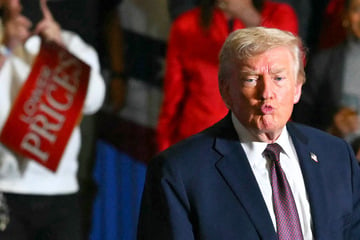Trump doubles steel and aluminum tariffs as OECD ministers scramble
Washington DC - The US doubled steel and aluminum tariffs Wednesday, casting a pall on a gathering of OECD ministers as President Donald Trump's intensifying trade war weighs on the world economy.
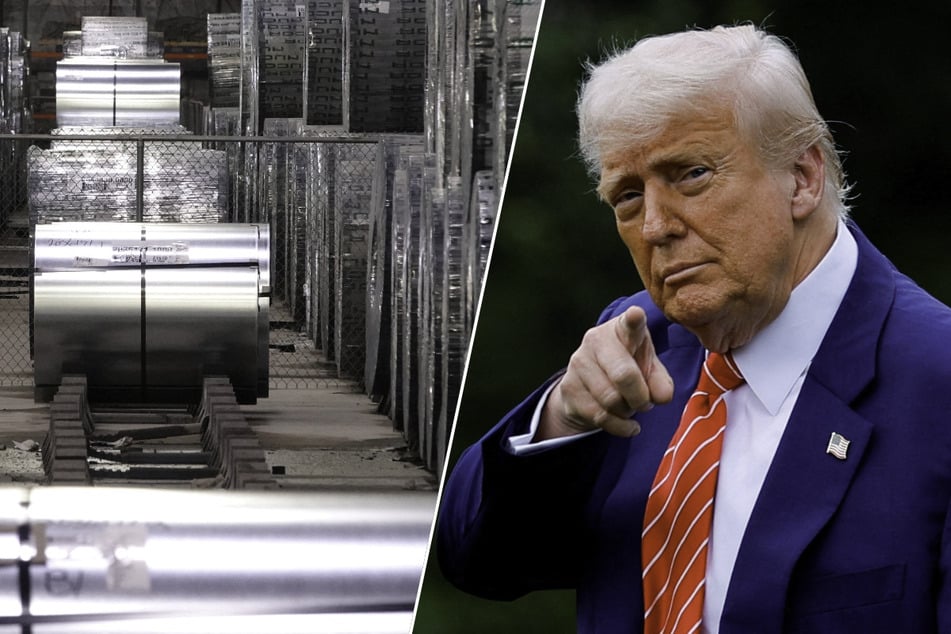
Trump's sweeping tariffs – including levies on imported steel and autos – have strained US ties with trading partners and sparked a flurry of negotiations to avoid the duties.
Pressure is mounting as the Organisation for Economic Cooperation and Development (OECD), a 38-nation grouping of countries, cut its global growth forecast on the back of Trump's levies.
Trade, consumption, and investment have been affected by the tariffs, OECD chief economist Alvaro Pereira earlier told AFP, warning that the US economy will see the biggest repercussions.
While some of Trump's most sweeping levies face legal challenges, they have been allowed to remain in place for now as an appeals process is ongoing.
Against this tense backdrop, the Paris-based grouping is holding a ministerial meeting on Tuesday and Wednesday.
US Trade Representative Jamieson Greer and EU trade commissioner Maros Sefcovic are set to hold talks on the sidelines of the gathering, with the bloc seeking to stave off higher levies from July 9 absent a compromise.
UK trade secretary pleads with US trade representative as EU takes a stand
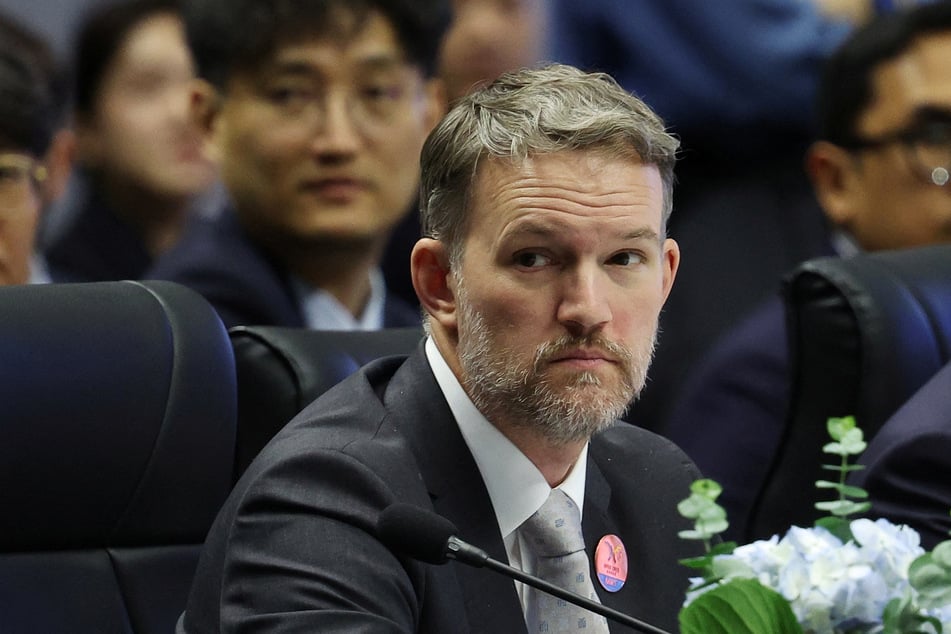
Similarly, UK Trade Secretary Jonathan Reynolds met Greer on Tuesday to try and avert fresh tariff hikes on steel and aluminum.
Despite the doubling of steel and aluminum tariffs Wednesday, imports from the UK will remain at 25% for now, while both sides work out duties and quotas in line with the terms of their trade pact.
In their talks, Reynolds and Greer discussed a "shared desire to implement" the pact, including agreements on sectoral tariffs, as soon as possible, a UK readout said.
But Trump's latest salvo raises temperatures with various partners.
The European Union has said it "strongly regrets" Trump's plan to raise metals tariffs, cautioning that it "undermines ongoing efforts to reach a negotiated solution" with the US.
The bloc added that it was ready to retaliate.
Group of Seven economies to hold trade talks amid tariff threat
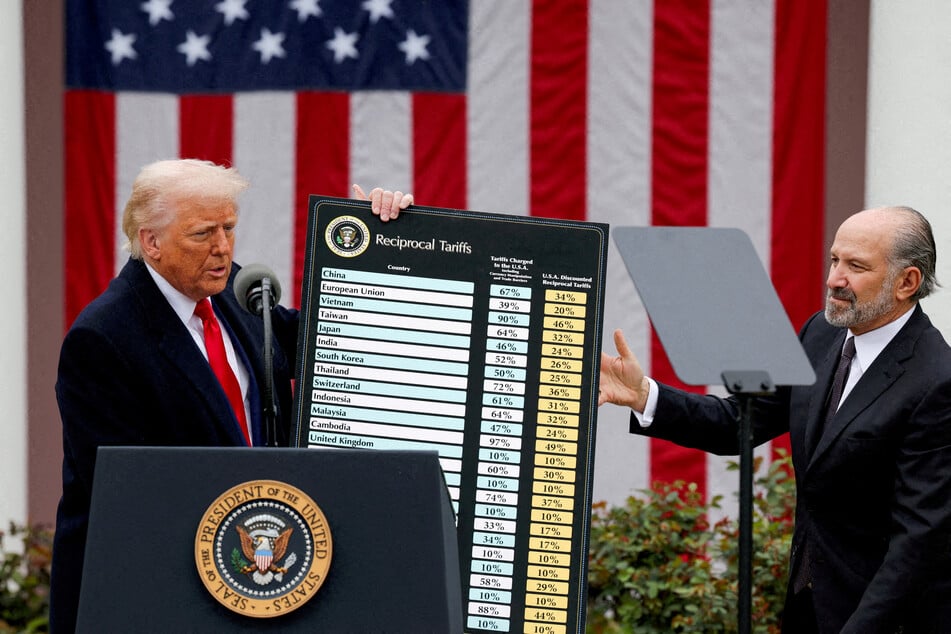
The Group of Seven advanced economies – Britain, Canada, France, Germany, Italy, Japan, and the US – is due to hold separate talks on trade on Wednesday too.
"We need to come up with negotiated solutions as quickly as possible, because time is running out," German economy minister Katherina Reiche said Tuesday, on the sidelines of OECD talks.
French trade minister Laurent Saint-Martin added: "We have to keep our cool and always show that the introduction of these tariffs is in no one's interest."
Mexico will request an exemption from the higher tariff, Economy Minister Marcelo Ebrard said, arguing that it is unfair because the US exports more steel to Mexico than it imports.
"It makes no sense to put a tariff on a product in which you have a surplus," Ebrard said.
Mexico is highly vulnerable to Trump's trade wars because 80% of its exports go to the US, its main trading partner.
Looming deadline as tensions with China ramp up
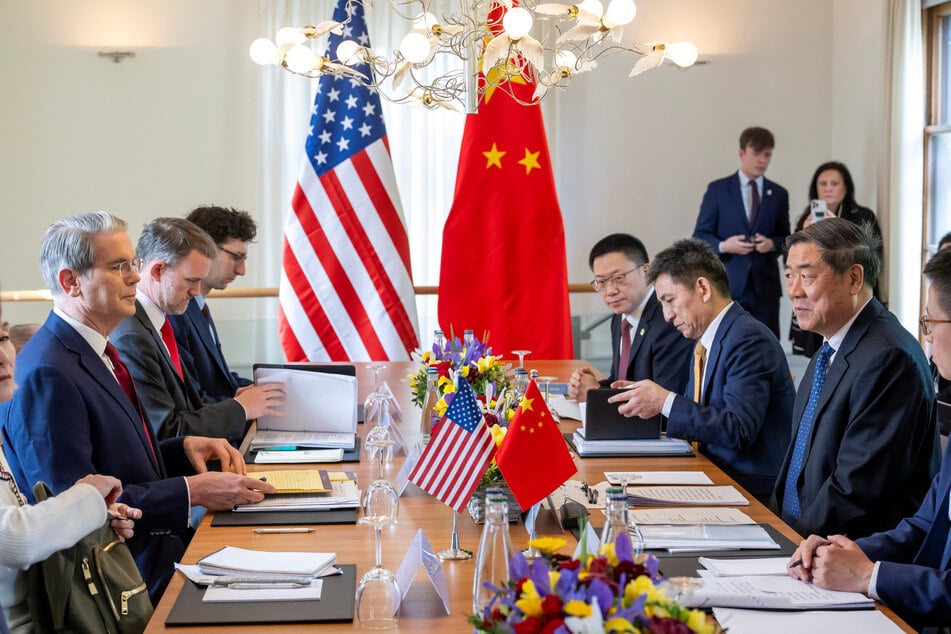
On Tuesday, White House press secretary Karoline Leavitt confirmed the Trump administration sent letters to trading partners to push for offers by Wednesday as a deadline approached.
Besides imposing 10% tariffs on almost all US trading partners in early April, Trump had announced higher rates for dozens of economies including the EU and Japan as he sought to pressure countries to correct practices Washington deemed unfair.
These higher rates were paused for 90 days, but the halt is due to expire July 9.
All eyes are also on rising tensions between Washington and Beijing.
Trump has taken special aim at China this year, imposing additional levies of 145% on Chinese imports – triggering Beijing's counter tariffs of 125% on US goods.
Both sides agreed to temporarily de-escalate in May, but Trump accused China of violating the deal.
The issue was China "slow walking the approval" of critical mineral exports and rare earth magnets, US Deputy Treasury Secretary Michael Faulkender told CNBC on Monday, but he maintained Washington is making "good progress" overall in talks.
Cover photo: Collage: REUTERS
